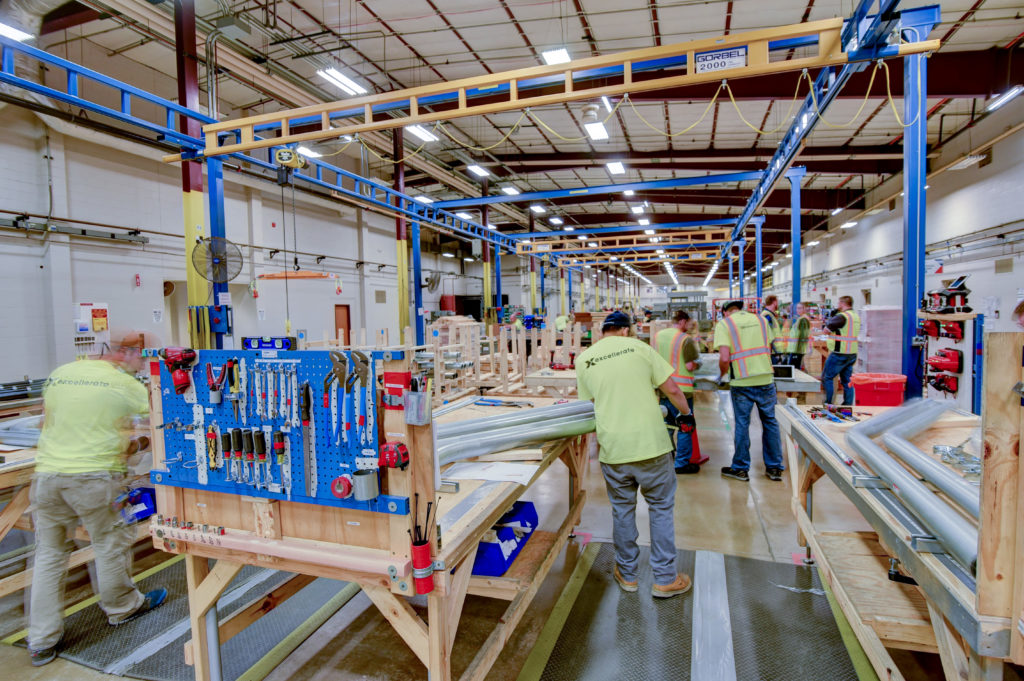June 22, 2022 Matt Ambrosius
Manufacturing Planning Key to Customer Quality
When I was a kid, my sister and I often played a game called “Telephone” with our neighborhood friends. The game had everyone in a line facing the back of the person in front of them. The person at the back of the line, or caller, had to think up of a sentence, or message, and then whisper that in the ear of the person in front of them. This message then continued through each person as the connection until the last person, or receiver, answers the call. The best part about the game was that the receiver had to announce to the whole group what the call was. The intention of the game was to ensure that the receiver got the message that the caller sent. Out of the dozens of times we played the game, the receiver never got the message right, and what got through were many more or different words than the original message.
This same concept can be applied to new product introductions and the process to ensure our Excellerate team makes the accurate connection between our customers and the people building products on our manufacturing floor. The process that was developed to ensure that connection from the customer is called Advanced Product Quality Planning (APQP). APQP was developed in the 1980s by quality and manufacturing experts and led to the formation of the Automotive Industry Action Group (AIAG) to help sustain and maintain accurate manufacturing processes for the automotive industry.
APQP helped many of the Big 3 auto manufacturers gain ground with their competitors by listening to market needs and current conditions for new designs. The result was more sales revenue, but it also made them more profitable; the process made manufacturing more efficient and less wasteful by streamlining and improving the communication process so all team members knew their specific responsibilities.
APQP is a methodical, repeatable and accountable new product planning process that consists of 5 Phase Gates, each of which requires approval prior to moving on to the next. Each phase has a set of quality tools and deliverables as inputs and outputs that each team member is responsible for to ensure the customer’s requirements are met throughout the process. This gated approval process ensures accountability and that the same message is carried forward into each phase. The customer is also part of the process and is actively engaged in any design and manufacturing improvements using quality tools. These tools help form the blueprint and manufacturing strategy for the product, to ensure it is as efficient it can possibly be on the first production run. Lessons learned by the team after the first run are then used to create more efficiencies for the next run. The result is a new product that conforms precisely to the customer’s requirements, maximizing throughput and efficiencies for the manufacturer – without the need for continuous changes through multiple production runs.
Knowing what I know now about APQP, we probably could have used this back in the Telephone days; but then again, part of the fun was playing the game over and over with the hope we got it right the next time! If you’d like to avoid communication issues with your next manufacturing project, reach out to Excellerate and let us show you how our planning processes can improve your outcome.
Interested in learning more? Check out our other articles and subscribe to be the first to know about future Excellerate blog articles.

 Manufacturing Planning Key to Customer Quality
Manufacturing Planning Key to Customer Quality

